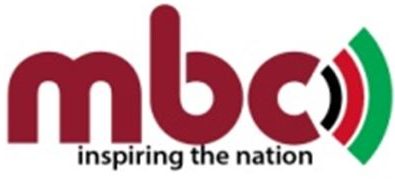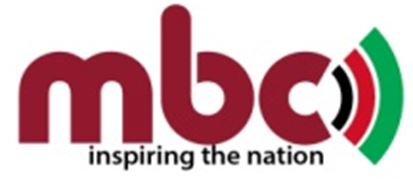In a vibrant show of international solidarity and sustainable development, the Government of Iceland has partnered with Malawi’s Ministry of Basic and Secondary Education and the World Food Programme (WFP) to expand the Home-Grown School Meals Programme (HGSM) in Nkhotakota District.
The initiative, officially launched at Dzikonilonse Primary School goes beyond providing daily meals it is a comprehensive effort to strengthen Malawi’s education system through infrastructure development, improved nutrition, and community empowerment.
Through a US$ 1.5 million investment, the Icelandic government has constructed two classroom blocks, two semi-detached teachers’ houses, and an administration block. Additionally, existing school blocks and sanitation facilities have been rehabilitated.

These developments come at a critical time, as Malawi continues to face overwhelming enrolment pressures caused by its Free Primary Education Policy. With more children enrolling each year, the need for additional learning space and proper facilities has never been greater.
During her keynote address, Minister of Basic and Secondary Education, Madalitso Kambauwa Wirima, thanked Iceland’s support, describing it as “well-timed and impactful.” She explained that the surge in school enrolment, while welcome, has resulted in shortages of classrooms and staff housing, making infrastructure development a national priority.

“Where school meals are present, we are seeing increased attendance, reduced dropout rates, and renewed interest in learning,” said the Minister.
“This programme directly supports our goal to increase access to equitable and quality education in line with Sustainable Development Goal 4 (Quality Education).”
However, the programme’s significance goes beyond the classroom. What makes the HGSM initiative uniquely transformative is its integrated model connecting education, nutrition, agriculture, and local economic growth. By sourcing food from over 1,200 local smallholder farmers, the programme not only nourishes children but also stimulates rural economies and reduces poverty.
“We’re now able to prepare fresh, unprocessed, and diverse meals that not only benefit our learners but also transform our food systems,” added Kambauwa. “This is how we make our farmers part of the education journey.”
The approach supports SDG 2 (Zero Hunger) and SDG 1 (No Poverty) by creating stable markets for local produce and enhancing food security.
WFP Country Director Dr Hyoung-Joon Lim echoed these sentiments, noting the long-standing collaboration between Iceland and Malawi.

“This isn’t just about food. It’s about giving children a fair shot at life and learning,” he said. “Each meal is a stepping stone toward a healthier, more educated generation.”
Clean energy innovation is also woven into the programme’s design. Some participating schools are converting organic waste into biogas for cooking, a move that reduces reliance on firewood and contributes to climate resilience which aligns with SDG 7 (Affordable and Clean Energy) and SDG 13 (Climate Action), demonstrating the initiative’s wide-reaching impact.

Head of Mission at the Embassy of Iceland, Davíð Bjarnason, noted the speed and effectiveness of the collaboration.
“We have moved from planning to delivery in record time,” he said. “But for this initiative to be truly transformative, it must be sustainable. Ownership must lie with the local communities,” said Bjarnason.
That sustainability message is clear. With the foundation now laid, the focus is on building a model that can be replicated across Malawi. Currently, only 43% of public primary schools have feeding programmes. The government has pledged to scale up coverage to 100% by 2030, aligning with its Education Sector Plan and broader national development goals.
“HGSM is now one of our five pillars for strengthening foundational learning,” affirmed Minister Wirima. “This partnership is not just a promise it’s a proven model that we must take nationwide.”
Indeed, Dzikonilonse Primary School is now more than a place of learning. It is a model for integrated development where children are fed, teachers are supported, communities are empowered, and the future is being built brick by brick.
#MBCDigital
#Manthu



